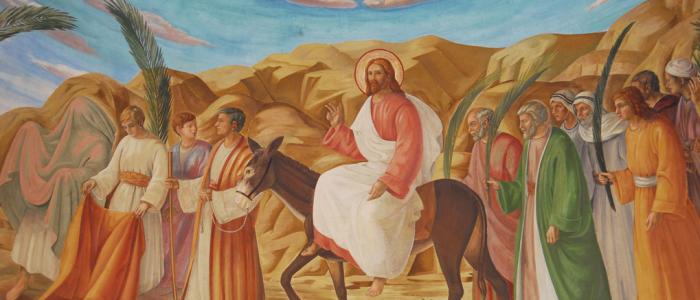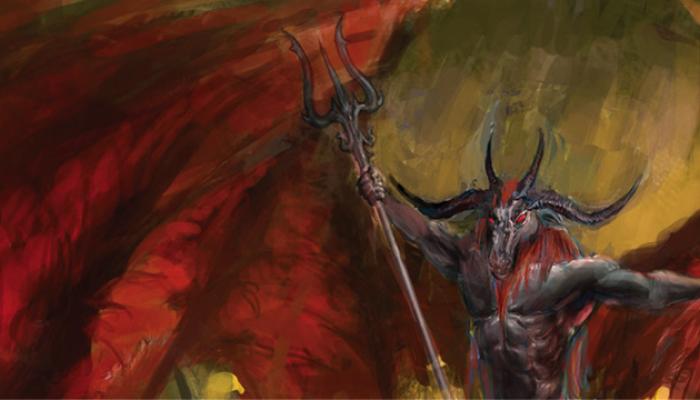
3.17 Pourquoi les pèlerinages et les processions ? Qu’est-ce qu’une retraite ?
Comme il l’a fait avec ses premiers disciples, Jésus nous invite aujourd'hui aussi à le suivre (Mc 1,17)Mc 1,17 : Il leur dit : « Venez à ma suite. Je vous ferai devenir pêcheurs d’hommes. ». Un pèlerin est quelqu’un qui voyage avec Jésus en faisant un pèlerinage vers un lieu sacré. Le but du pèlerin est double : d’une part faire croître sa relation avec Dieu et la connaissance de soi, et d’autre part la progression sur le chemin vers le ciel qui est le but final.
Les processions solennelles pendant lesquelles nous chantons et prions nous rappellent que nous sommes pèlerins. Quand nous allons en retraite, nous nous nous retirons littéralement de notre monde quotidien pour un certain temps afin de pouvoir nous concentrer entièrement sur Dieu.
What forms of popular piety accompany the sacramental life of the Church?
The religious sense of the Christian people has always found expression in the various forms of piety which accompany the sacramental life of the Church such as the veneration of relics, visits to sanctuaries, pilgrimages, processions, the stations of the cross and the rosary. The Church sheds the light of faith upon and fosters authentic forms of popular piety. [CCCC 353]
What is the purpose of a pilgrimage?
Someone who goes on a pilgrimage “prays with his feet” and experiences with all his senses that his entire life is one long journey to God.
In ancient Israel people made pilgrimages to the Temple in Jerusalem. Christians adopted this custom. And so this developed, especially in the Middle Ages, into a regular pilgrimage movement to the holy places (above all to Jerusalem and to the tombs of the apostles in Rome and Santiago de Compostela). Often people went on pilgrimage so as to do penance, and sometimes their actions were affected by the false notion that one had to justify oneself before God by tormenting and punishing oneself. Today pilgrimages are experiencing a unique revival. People are looking for the peace and the strength that come from those grace-filled localities. They are tired of going it alone; they want to get out of the rut of the daily routine, get rid of some ballast, and start moving toward God. [Youcat 276]
The practice of pilgrimage... represents the journey each of us makes in this life. Life itself is a pilgrimage, and the human being is a viator, a pilgrim travelling along the road, making his way to the desired destination...The Lord Jesus shows us the steps of the pilgrimage to attain our goal: “Judge not, and you will not be judged; condemn not, and you will not be condemned; forgive, and you will be forgiven; give, and it will be given to you; good measure, pressed down, shaken together, running over, will be put into your lap. For the measure you give will be the measure you get back” (Lk 6:37-38). [Pope Francis, Misericordiae Vultus, n. 14]





